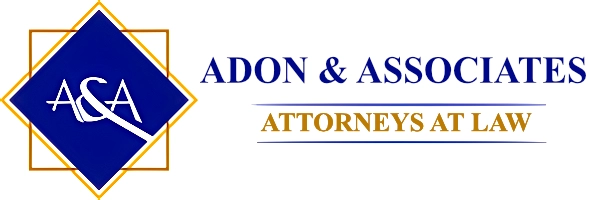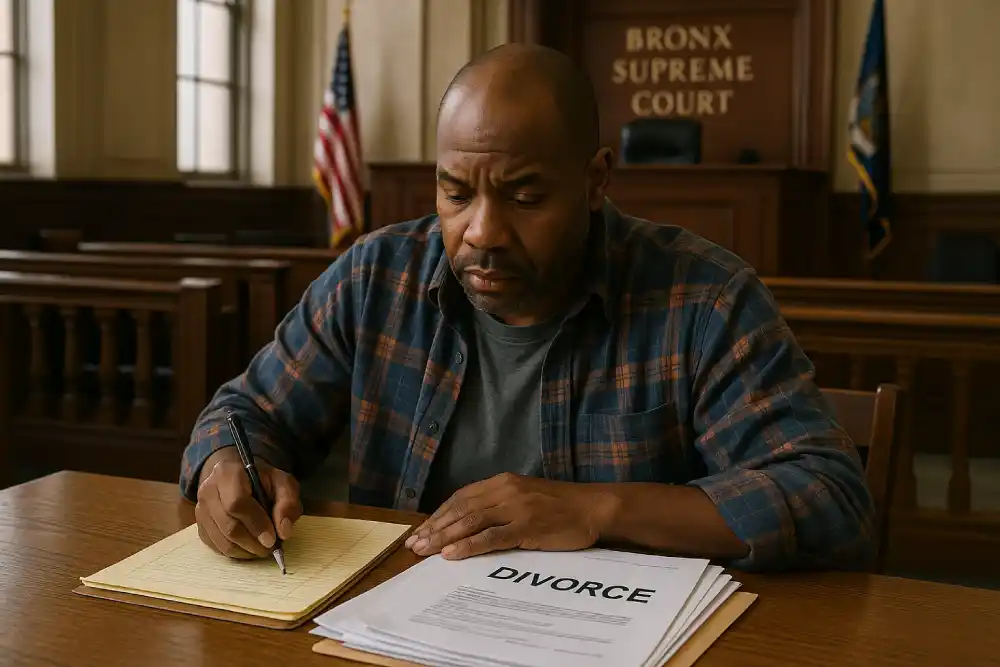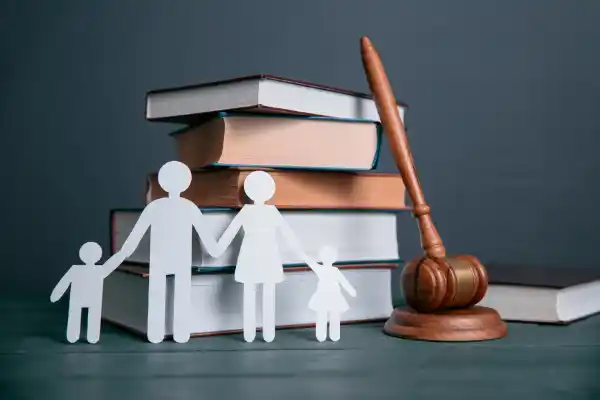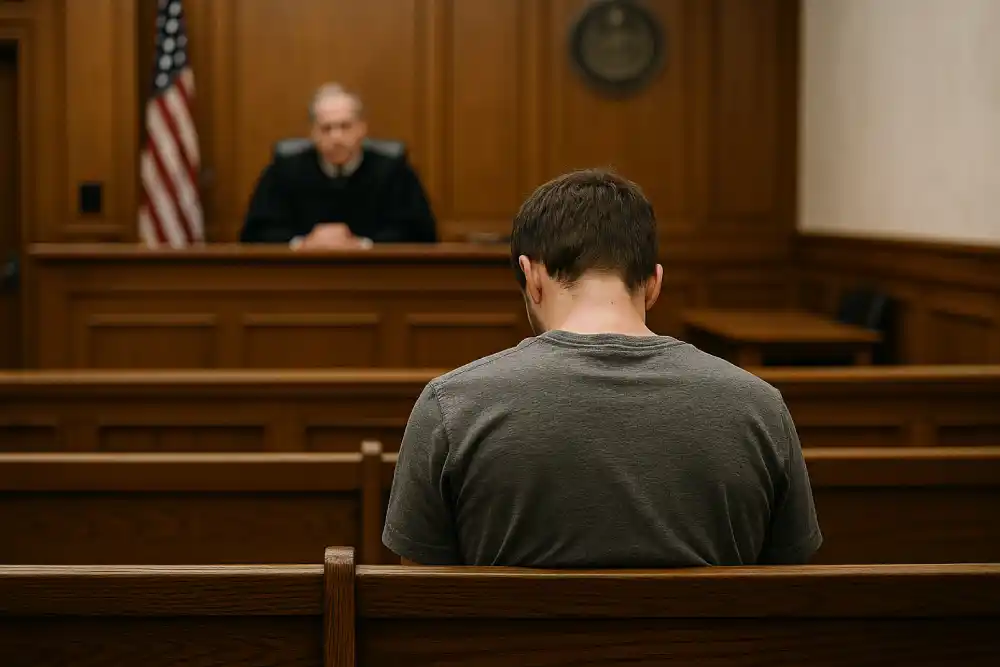By using our website, you agree to the use of cookies as described in our Cookie Policy
What to Expect During a Bronx Family Court Hearing
Bronx Family Court moves fast. Miss a step, and you feel it. The rules are clear, the environment is serious, and nobody explains twice. People show up anxious, but the ones who know the routine handle it better. If you’re working with our attorneys, we’ll make sure you know what to expect when your name is called.
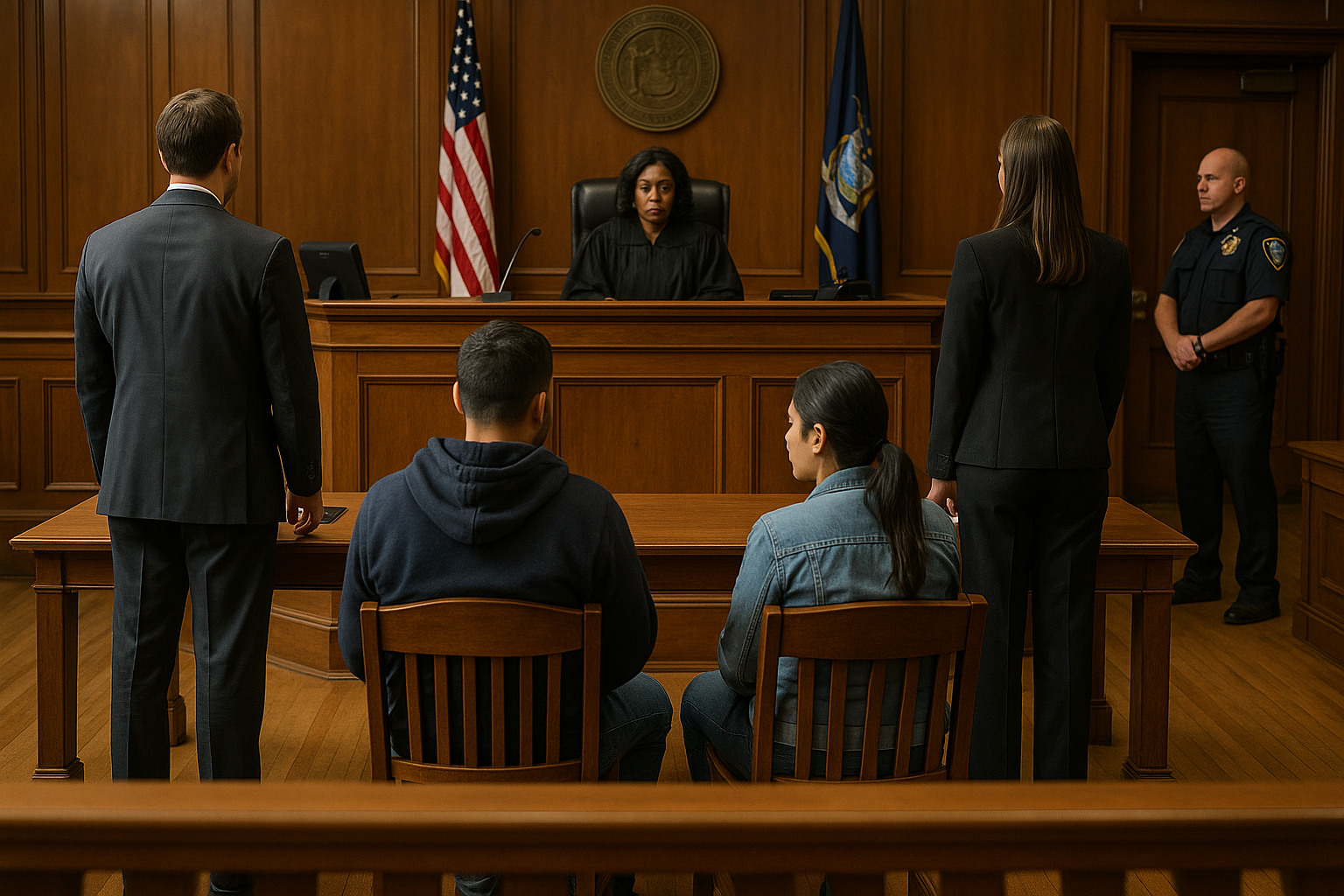
Walking Into the Courtroom
Security checks at the entrance. Bags on the scanner. Phones off or silenced. The court officer points you to the right floor. The waiting area fills with parents, relatives, and attorneys. Some people look tense, others just tired. When your case is called, you follow the officer into the courtroom. No confusion about where to go. Every seat has a purpose.
- Judge’s bench at the front, raised above the rest
- Attorney tables directly facing the judge
- Witness stand off to the side, ready for testimony
- Gallery benches for family, friends, and anyone observing
- Court officer near the door, watching everything
- Court reporter at a small desk, typing every word
People don’t wander or talk out of turn. The judge controls the room. When your child custody hearing or support case starts, you stand where you’re told. Speak only when asked. The process is clear, but the pressure is real.
What the Judge Actually Does
Judges in Bronx Family Court don’t just listen. They direct the entire process. They handle divorce cases, child support disputes, and everything in between. The judge reviews every document, listens to every statement, and asks the questions that matter. No one gets to ramble. The judge cuts through noise and focuses on facts.
Testimony comes next. The judge listens, sometimes interrupts, and always keeps the case moving. Mediation isn’t a suggestion. It’s a tool the judge uses when it fits. If you’re represented by Adon Law, we’ll guide you through settlement talks in the hallway or in a side room, and help you understand when the judge decides it’s time to try. Every decision is final. The judge’s word stands, and everyone in the room knows it.
Judges don’t guess. They look at school records, pay stubs, and medical notes. They ask about living situations, work schedules, and past court orders. The focus stays on the children, the money, and the facts. No one leaves with a vague answer. The judge gives a ruling, and the case moves forward.
Documents That Matter
Forget to bring paperwork, and you’re stuck. The court doesn’t wait for missing documents. Here’s what you need every time:
- Summons or petition. This gets you in the door
- Financial records. Pay stubs, bank statements, proof of income
- Tax returns. At least three years, sometimes more
- School and medical records for children
- Proof of where you live and work
- Any previous court orders or signed agreements
- Photo ID and any letters or emails about the case
Show up with a folder, not a pile of loose papers. The court officer checks your documents. The judge expects everything to be ready. When you have your paperwork in order, your visitation dispute or legal separation case moves faster. No one wants to reschedule because of missing forms. The judge won’t wait for you to find a pay stub or a school note. Bring it all, or risk delays.
What Happens During the Hearing
Cases get called in order, but emergencies jump the line. The court officer announces your name. You stand, walk to the table, and wait for instructions. The judge asks questions. Your attorney speaks, or you answer directly if you’re representing yourself. The other side gets a turn. The judge listens, takes notes, and sometimes asks for more documents on the spot.
Testimony is direct. No long stories. The judge wants facts: dates, times, amounts, and names. Witnesses step up, swear to tell the truth, and answer questions. The court reporter types every word. Interruptions aren’t allowed. The judge keeps things moving. If you don’t know an answer, say so. Guessing or making excuses doesn’t help.
Sometimes the judge sends everyone out to talk privately. Settlement talks happen in the hallway. If you reach an agreement, you go back in and put it on the record. If not, the judge makes a decision. In some states, including Florida, related issues can extend into criminal proceedings that require posting bail. In Tampa, Aaron's Bail Bonds handles those matters. The process is quick, but every word counts. The judge’s ruling is clear. You get a copy before you leave.
Common Mistakes and How to Avoid Them
- Arriving late. Doors close, and your case can be dismissed
- Bringing children unless told. Most hearings don’t allow kids in the room
- Arguing with the judge. Never works, only hurts your case
- Interrupting. Judges expect respect and order
- Missing paperwork. Delays or weakens your position
- Ignoring dress code. Court expects businesslike appearance
Preparation shows respect. The judge notices who’s ready and who isn’t. The court officer keeps track of order. The process rewards people who follow instructions and come prepared. If you’re unsure about what to bring or how to present yourself, our family law team can walk you through the details before your hearing.
Leaving the Courtroom
When the hearing ends, the judge gives clear instructions. Sometimes you get a written order on the spot. Other times, you wait for a mailed copy. Don’t leave until the court officer says you can. Ask questions if you don’t understand the next steps. The process doesn’t end at the courtroom door. Follow-up matters. Miss a deadline, and you lose ground. Stay organized, and keep every document the court gives you.
Get Professional Legal Support
Call Adon Law at 718-275-1243 or contact us to discuss your Bronx family court matter with experienced attorneys who understand local court procedures.
‹ Back

